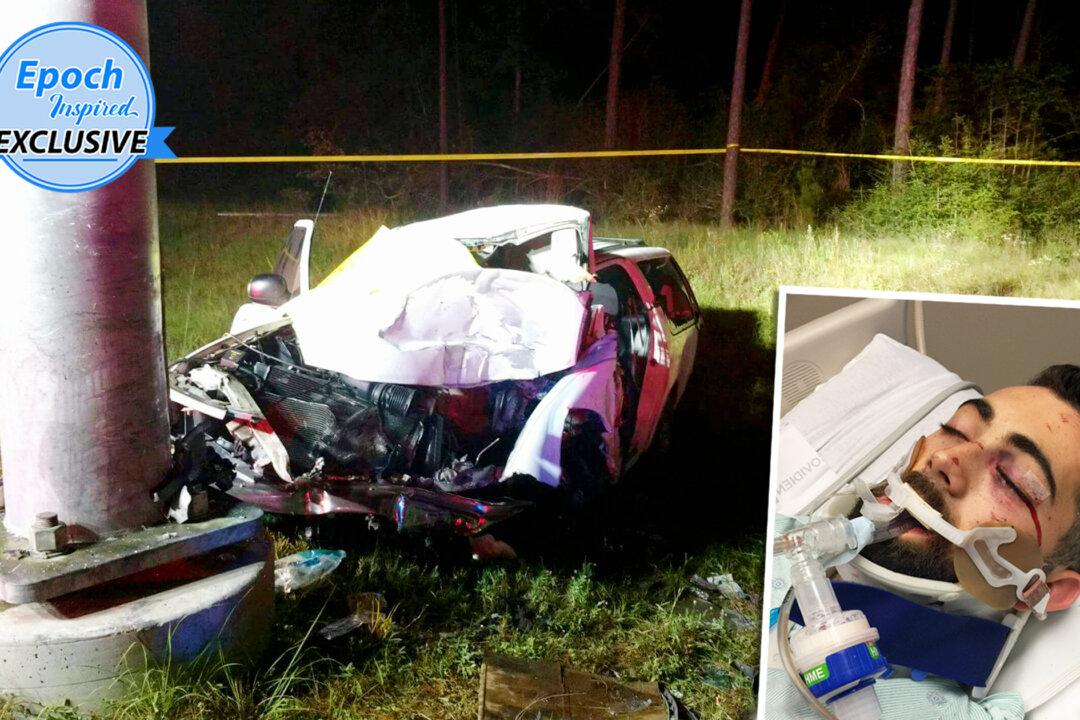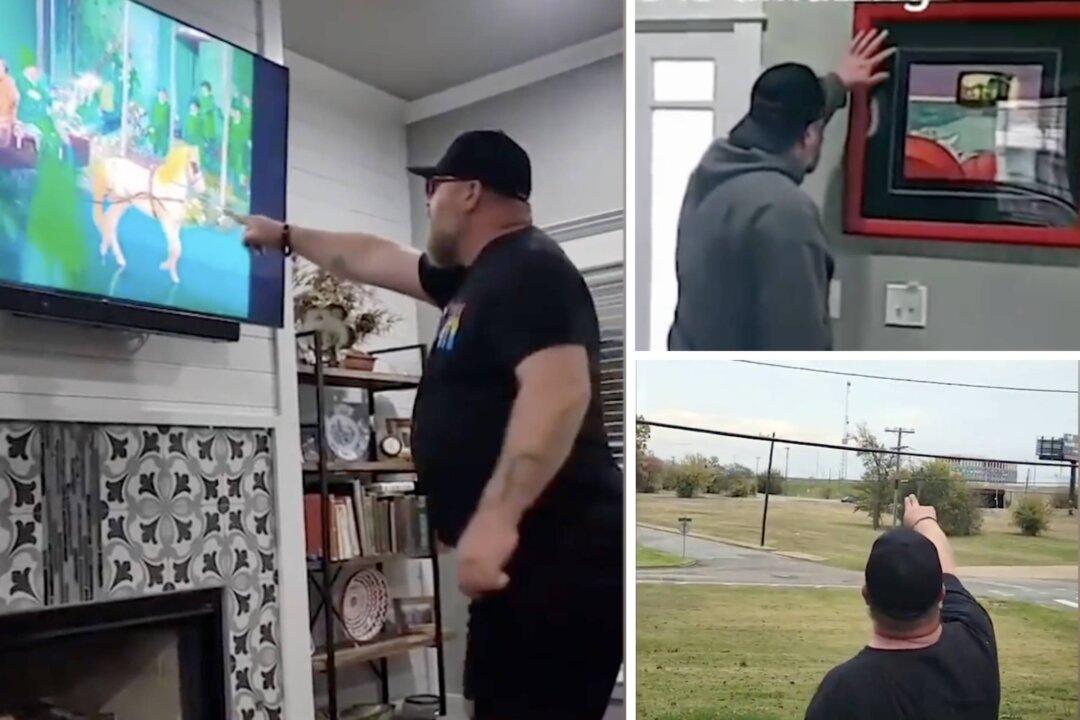Four years ago on Mothers Day, Laurie Trahan received a devastating call at around 4:30 a.m. that no parent should ever have to receive. Her 25-year-old son was fighting for his life after a near-fatal crash.
High-spirited and always ready to help others, Caleb Trahan, now 29, of Conroe, Texas, was running on merely two hours of sleep after back-to-back work shifts when the vehicle he was driving hit a large traffic light pole on his way home that night. Partially ejected, he was stuck in the windshield, lying on the engine block. It took first responders almost an hour to cut him out of his truck.






